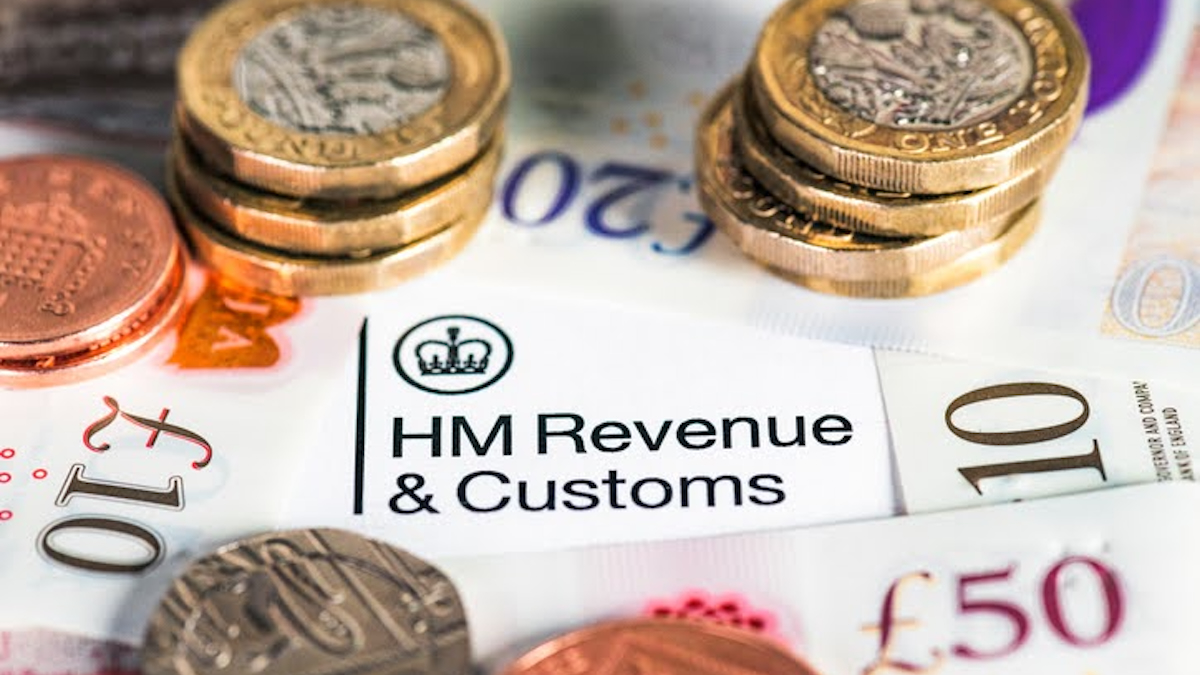As Labour assumes power, the anticipation of tax increases feels more like a certainty than a speculation. Throughout their campaign, Labour officials reassured the public of no immediate tax hikes beyond their manifesto pledges. However, given the dire state of the nation’s finances, the affluent and their advisors are preparing for inevitable fiscal adjustments now that Labour governs.
Labour’s resounding victory hinged partly on their promise not to raise income tax, national insurance, VAT, or corporation tax — the “big four” taxes that constitute about 75% of the annual tax revenue. With limited room to manoeuvre, if economic growth falters, advisors and clients are speculating on future tax strategies. While predicting tax changes is fraught with risk, higher earners are contemplating preemptive actions to mitigate potential future tax burdens.
Investment Portfolio Adjustments
Tinkering with capital gains tax (CGT) appears to be a probable route for a stealth wealth tax. Currently, gains on investments outside pensions and ISAs are taxed at 20%, a historically low rate. Anticipating Labour might increase CGT rates, potentially aligning them with dividend or income tax rates, some wealthy investors are preemptively selling assets to lock in the current lower rates.
Katherine Waller of Six Degrees Wealth Management notes that many clients are rebasing their portfolios to crystallize gains at the existing 20% rate. Some are using large allowable tax losses to offset gains, while others are storing losses to use if CGT rates rise. Christine Ross from Handelsbanken Wealth reports clients are selling and immediately repurchasing similar investments to bank the current CGT rate, leveraging family tax allowances to maximise benefits.
For property investors, the fear of increased CGT adds pressure, particularly on smaller landlords who may opt to sell. Larger landlords, often using corporate structures, are less affected, but potential changes could dampen investment levels, impacting growth objectives.
Pensions Under Scrutiny
Pensions, traditionally used as intergenerational wealth transfer tools, could face tighter inheritance tax (IHT) rules. Although Labour might avoid radical pension changes initially, advisors suggest clients consider drawing tax-free cash from their pensions sooner rather than later. The maximum tax-free lump sum, equivalent to 25% of the historic lifetime allowance, is a significant concern, especially after Labour’s ambiguous stance on the LTA during the campaign.
Advisors like Adam Walkom of Permanent Wealth Partners suggest clients crystallize pension benefits to mitigate future rule changes. The potential removal of higher rate tax relief also looms, though former pensions minister Sir Steve Webb believes Labour will avoid this, given the political ramifications.
Inheritance Tax Strategies
Accelerating inheritance strategies has gained urgency, with families expediting asset transfers to avoid possible IHT rule changes. Business property relief on Aim-listed shares and other IHT reliefs could be targeted for Labour, raising concerns among wealth advisors.
Ollie Saiman of Six Degrees highlights the growing popularity of insurance policies to hedge against future IHT liabilities while setting up pensions for younger family members and establishing family investment companies are also on the rise. These strategies, although potentially costly upfront, offer long-term tax efficiency.
Private School Fees and VAT
Labour’s plan to impose VAT on private school fees has sparked immediate reactions. Schools are promoting advance payment schemes, though the legal certainty of these payments escaping future VAT remains questionable. Grandparents assisting with school fees can benefit from inheritance tax advantages, particularly through surplus income gifting and trusts, providing a strategic financial buffer.
As Labour navigates its new government role, these tax planning strategies underscore the heightened anxiety among the wealthy and their advisors. The anticipated tax changes, while not immediate, are prompting significant financial manoeuvring to mitigate potential future impacts.
Source: FT Editorial, July 6, 2024

